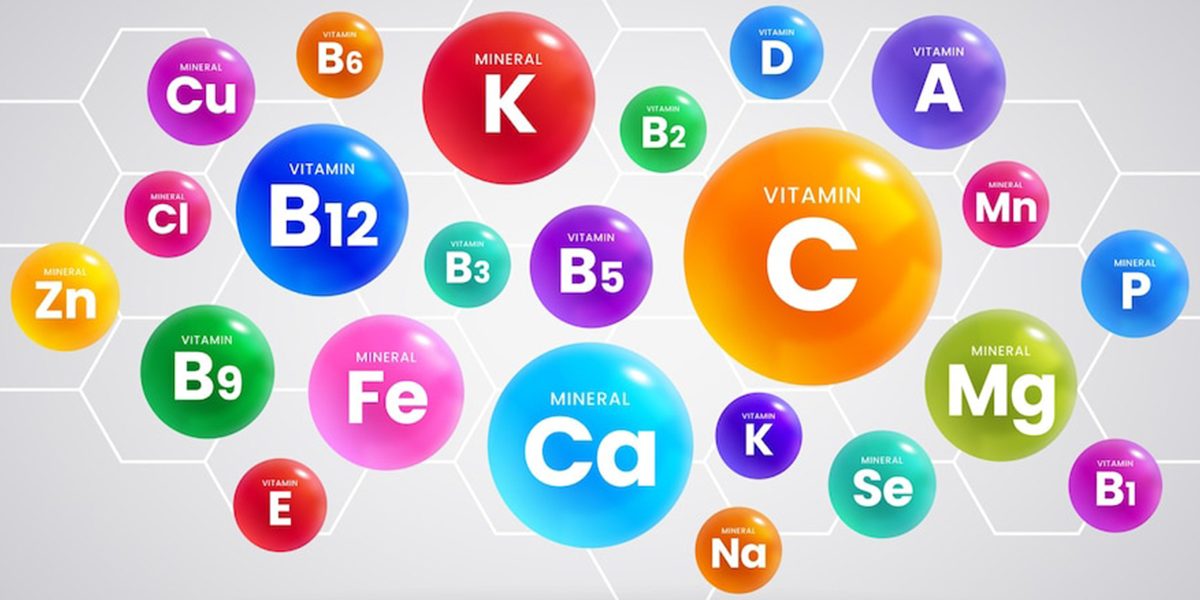When you’re trying to get pregnant, proper nutrition is vital for a faster and healthier pregnancy. Along with different types of nutrients, vitamins are essential for helping with conception. Choosing the appropriate fertility vitamins for your body will help you feel healthier and increase your chances of becoming pregnant. Let’s see about prenatal vitamins to get pregnant in detail in this blog
Vitamins’ impact on fertility
Vitamins are crucial for the reproductive health of women. They are necessary for a variety of tasks, like as ovulation and menstruation, thyroid activity(symptoms of thyroid), energy generation, immune function, maturity and egg quality. According to studies, certain supplements may boost men’s sperm count and motility, enabling the sperm to reach their destination.
Why should I take a vitamin supplement for fertility?
Even while food contains a lot of essential nutrients, it can be challenging to consume enough of them through diet alone. The preparation of your body for conception may be supported by having vitamin supplements. The highest chance of having a healthy pregnancy and delivery can be achieved by taking a prenatal supplement 6-12 months before you start trying so that it can build up the nutrients required for good fetal development.
Prenatal vitamins to get pregnant
Folate
Folic acid (vitamin B9) is the most important vitamin to take before conception as well as during pregnancy(fertility diet plan). Leafy green foods (such as spinach and kale), legumes (lentils, beans, chickpeas, peanuts, lima beans, and soybeans) and seeds (such as sesame and sunflower) are excellent providers of folate.
Starting at least one month before conception, it is advised that women who are attempting to get pregnant take a daily supplement containing at least 400 micrograms of folic acid.
Iron
Iron has a role in the production of red blood cells, which deliver oxygen to your tissues and organs, including your reproductive organs. According to research, iron deficiency may make it more difficult for you to get pregnant. Red meat, chicken, fish, eggs, beans, spinach etc are all excellent sources of iron.
Vitamin C
It’s essential to begin taking vitamin C before conception since it can improve your body’s ability to absorb iron. Bell peppers, strawberries, citrus fruits and leafy greens are all good sources of vitamin C.
Calcium
By regulating the menstrual cycle and maintaining appropriate estrogen levels, calcium can boost fertility rather than strengthen the bones. Dairy products (such as milk and cheese), dark green vegetables (such as kale and broccoli) and almonds are great sources of calcium.
Vitamin D
Vitamin D supports healthy egg development and cell growth as it regulates the female reproductive system. Fatty fish, egg yolk and milk are all excellent sources of vitamin D. Being outside in the sunshine might also be beneficial since it causes your skin to create vitamin D.
Choline
Choline helps lessen the symptoms of endocrine system problems and supports healthy fetal development. Liver, red meat, egg yolks etc are good sources of choline.
Vitamin H
In order to maintain a normal menstrual cycle and a successful pregnancy, it’s crucial to have balanced hormones, which biotin (vitamin H) helps to do. Liver, Sweet potatoes, Eggs (particularly the yolks), nuts and seeds etc are great sources of biotin.
Zinc
Low zinc levels in men are associated with particularly low sperm numbers and quality. Additionally, zinc supports the health of the female reproductive system, including the ovaries and uterus. Beef, oysters, beans etc are good sources of zinc
Vitamin E
Vitamin E increases fertility and acts as a natural antioxidant. The fertilized egg’s attachment to the uterine wall is often helped by vitamin E. Pumpkins, mangoes, avocados etc are all excellent sources of vitamin E.
Iodine
Iodine is a vital vitamin that is often recommended to women who are trying to get pregnant. For a healthy fetal neurological development, iodine is necessary.
To sum up
Here, we have listed some of the prenatal vitamins to get pregnant. Before taking any vitamin supplement consult your doctor. She will suggest the best prenatal vitamin supplements based on your health condition.








